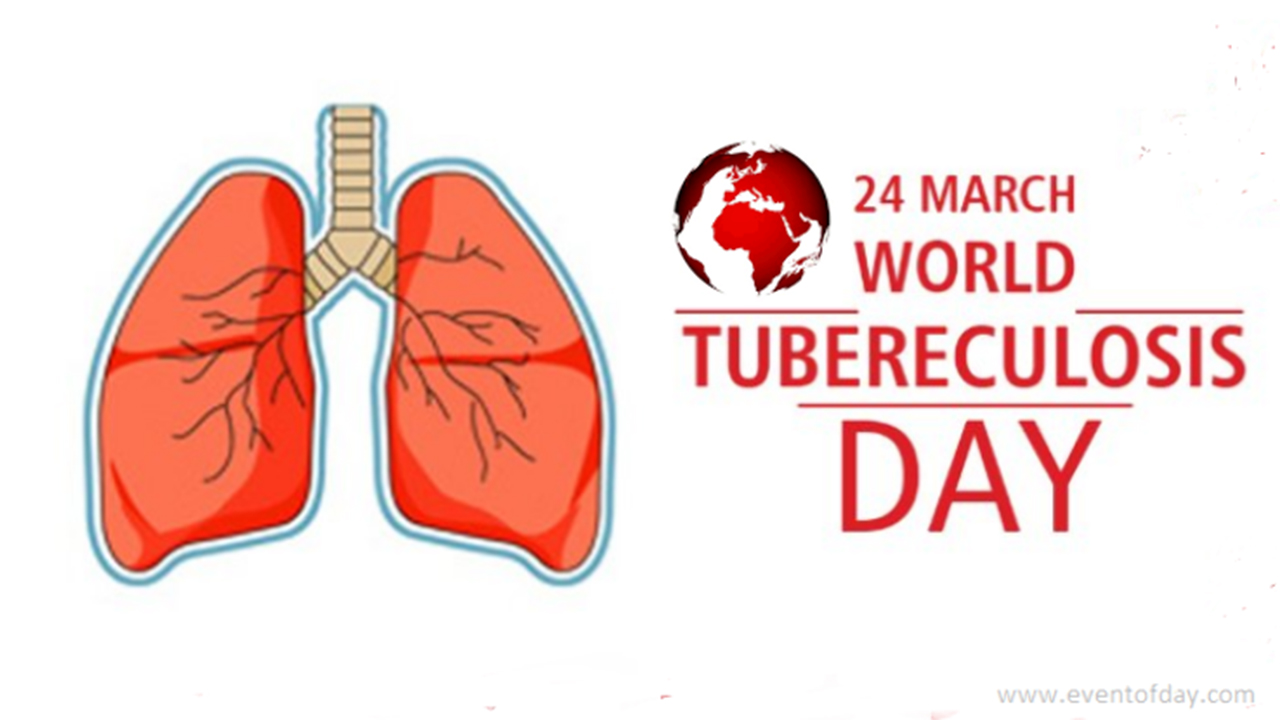
National Co-ordinator of NTBLCP, Dr. Adebola Lawanson, who disclosed this yesterday in Abuja ahead of the 2019 World TB Day, represented by Dr. Emperor Ubochioma, said Nigeria had been classified among the countries with high burden of TB and currently ranked sixth globally and first in Africa.
She noted that an estimated 418,000 new TB cases occur in Nigeria in 2018 and the country notified 104,904 (25 per cent) and 106,533 cases in 2017 and 2018 respectively, giving a gap of 314,712 and 319,599 cases yet to be notified respectively.
“The increasing pool of drug resistant to TB in the country continues to be a major threat to the control of the disease,” she said.
Lawanson said the missing TB cases in the country could be found among men, women and children with different forms of TB, adding however that the proportion of missing TB cases among children is more worrisome, as Nigeria was only able to notify seven per cent of the estimated childhood TB cases in 2017.
She said that as part of efforts in finding the missing TB cases in the country, the Federal Government, with the support of partners, is rapidly expanding TB diagnostics and treatment services to more sites across the country.
On his part, Dr. Bassey Nsa, Country Director (Challenge TB program) of KNCV, called on active involvement of the private sector in finding the undetected cases of TB.
He urged government to come up with policies that will aid the smooth intervention of private players.
In another development, the Nigeria HIV/AIDS Indicator and Impact Survey (NAIIS) showed that the Nigerian HIV/AIDS burden has dropped from 3.2 million to 1.9 million.
President Muhammadu Buhari has urged stakeholders not to relent in the fight against HIV/AIDS but to increase the momentum in a concerted effort to end the epidemic ahead of 2030.
Buhari, who announced the NAIIS result at the Banquet Hall of the State House yesterday in Abuja, expressed delight that fewer Nigerians are now affected by HIV.
He said we could not celebrate yet, as almost a million Nigerians living with HIV are currently not on treatment.
The President, who stated that to achieve epidemic control and end AIDS in Nigeria, we need a more co-ordinated and funded national response, directed NACA and the Federal Ministry of Health to undertake detailed consultations and consensus building with key sectoral ministries, the legislature, governors of high prevalence states, our development partners and civil society to chart a new strategic path and building on the results of this survey.
The Director-General of NACA, Sani Aliyu, said Nigeria had made good progress in scaling up HIV treatment and prevention services in recent years.
However, dentists have said that the rising cases of oral diseases in Nigeria may increase the risk of Acquired Immune Deficiency Syndrome (AIDS), heart attack, diabetes, cancer, stroke and other health problems, if not addressed urgently.
This was disclosed yesterday by the body of dentists at the Federal Medical Centre (FMC), Ebute Metta, Lagos State, ahead of the World Oral Health Day on March 20.
President of Nigerian Dental Association (NDA), Dr. Evelyn Eshikena. said “the problem facing oral health in the country is enormous, as it contributes a major public health challenge.”
She said poor oral health, especially an unhealthy mouth with gum disease, might increase the risk of serious health problems such as heart attack, stroke, diabetes, pre-term labour and AIDS.
Head of Department, Dental Services, FMC, Ebute Metta, Dr. Obiora Chinwuba, said that most people rather use different medications, which propagate disease conditions than present their oral health challenges to registered dental facilities.
Meanwhile, newly-inducted medical doctors and dentists from the University of Ibadan (UI) medical school have been charged to imbibe positive healthcare attitude as a major tool of operation.
Vice chancellor of the university, Prof. Idowu Olayinka, spoke yesterday at the Batch B induction ceremony of the 2016/2017 set, which ushered in 32 new medical practitioners and 11 dental professionals into the field of healthcare.
He urged the incoming doctors to be ready at all times to discharge the good mandate that had been passed to them by the institution.
“The height you attain in life is not just a function of your capability, but most importantly, your attitude,” he said.
Represented by the Deputy Vice Chancellor (Administration), Kayode Adebowale, the VC encouraged the inductees to know their limitations and seek help from their senior colleagues when a patient’s condition seems challenging.
He also reminded them of the sanctity of a patient’s personal and medical information, even till death and beyond, as dictated by the core ethics of the medical profession.
The Registrar, Medical and Dental Council of Nigeria (MDCN), Tajudeen Sanusi, called for diligence and dedication, as those could be survival tools for the patient-doctor relationships.
The inductees were warned against any form of sexual misconduct with patients, and to respect the patient’s autonomy and dignity, disregarding social differences, political affiliation, gender and race.
[ad unit=2]



